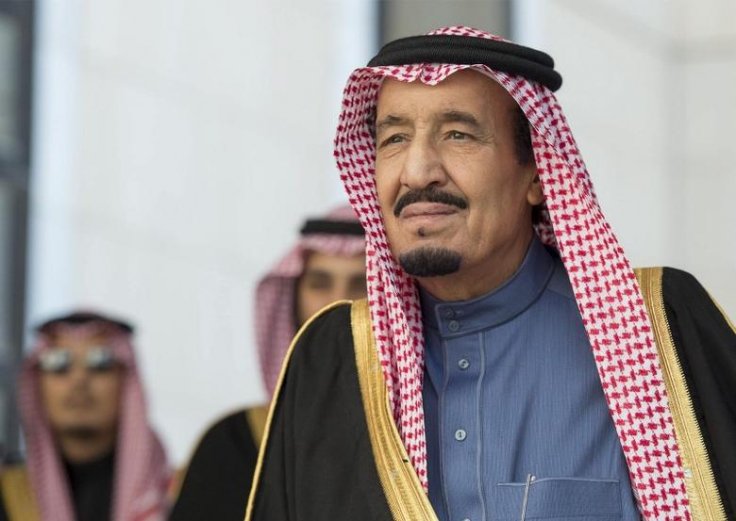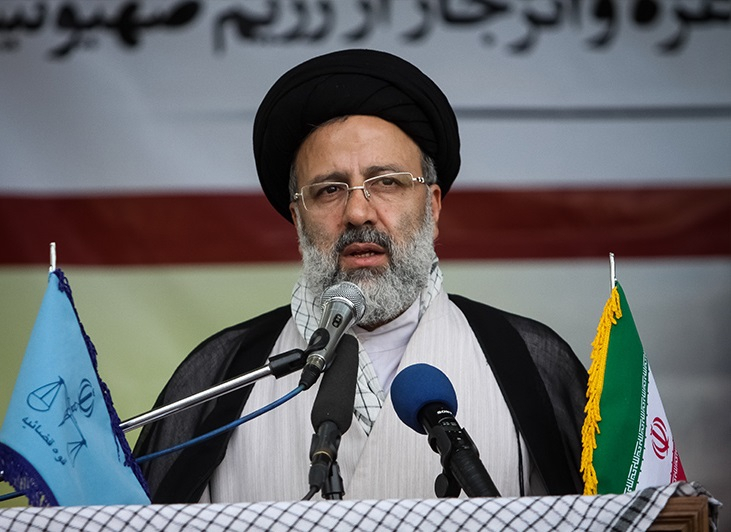Just over a week after Tehran and Riyadh agreed to restore diplomatic relations, Saudi Arabia's King Salman bin Abdulaziz Al Saud has invited Iranian President Ebrahim Raisi to visit Riyadh, a senior official here has confirmed.
Mohammad Jamshidi, deputy chief of staff for political affairs to Raisi, confirmed the development in a tweet on Sunday, saying the invitation was extended to the President from the Saudi monarch in a letter, reports Xinhua news agency.

Jamshidi added the Saudi king said in the letter that he welcomed the recent deal between the two "brotherly countries" on the normalisation of bilateral ties and called for strong economic and regional cooperation between Riyadh and Tehran.
Raisi Welcomes Invitation
Raisi welcomed the invitation and stressed Iran's readiness to expand cooperation, the official noted.
China, Saudi Arabia and Iran on March 10 announced that Riyadh and Tehran had reached a deal that included the agreement to resume diplomatic relations and reopen embassies and missions within two months.
Also on Sunday, Iran's Foreign Minister Hossein Amir-Abdollahian told reporters that the two countries had agreed to hold a meeting at the Foreign Ministers level, and that three possible locations had been proposed.
He did not name the locations, nor say when the meeting might take place.

The two nations have also announced they will reopen embassies within two months and re-establish trade and security relations.
Cut Ties in 2016
Saudi Arabia cut ties in January 2016 after demonstrators stormed its embassy in Tehran after Riyadh had executed the prominent Shia Muslim cleric Sheikh Nimr al-Nimr, who was convicted of terror-related offences.
Since then, tensions between the Sunni- and Shia-led neighbours have often been high, with each regarding the other as a threatening power seeking regional dominance.
They have been on opposing sides of several regional conflicts, including the civil wars in Syria and Yemen.









